|
When people die, especially when they die public deaths, we offer flowers. First Atlanta, then six days later, Boulder. Who will be next? Who have we already forgotten?
The tulips arrived at my house in late February and offered me a chance to remember how we bud, blossom, and die. The brevity of their lifespan gave me a great opportunity, a chance to see and feel the brevity that defines us all. I dedicate the tulip series to those whose lives were months, years and decades cut short by a gun. There’s no other way to say it. I’m tired of removing the gun from the equation. Without the gun, with a knife, say, or a sword, or the bare hands of any confused, deluded, lost or mentally ill someone, the odds would be different. The cards wouldn’t be stacked against a young couple shopping for the perfect lemon in the produce aisle of the grocery store. Come on. “It’s easier to buy a gun in this state than it is to vote.” Chilling words from a Colorado man who witnessed last Monday’s massacre. And that’s another thing. Let’s not call these shootings anything less. The definition of a massacre is the indiscriminate and brutal slaughter of people. All week I’ve waited for the petals to fall. I anticipate they’ll make a pleasing pattern around the base of the vase. But this can’t wait. Not a day longer. It’s time to offer them. The flower heads are heavy, the stems are weak. They appear to be praying.
3 Comments
From the pen of the great scholar, Edith Hamilton:
“The Greeks were not the victims of depression. Greek literature is not done in gray or with a low palette. It is all black and shining white or black and scarlet and gold. The Greeks were keenly aware, terribly aware, of life’s uncertainty and the imminence of death. Over and over again, they emphasize the brevity and the failure of all human endeavor, the swift passing of all that is beautiful and joyful. . . . But never, not in their darkest moments, do they lose their taste for life. It is always a wonder and a delight, the world a place of beauty, and they themselves rejoicing to be alive in it.” Oh, Edith, Edith, Edith. This has not been a Greek week for me. I’ll admit I have somewhat lost my ability to rejoice. I am living inside a snow globe, a paperweight that unleashes a blizzard when shaken, and though I am contemplating the swift passing of all that is beautiful and joyful, such as this endless snow, it doesn’t pass. It snows and snows. I should be rejoicing with the words, “Precipitation! Moisture at last!” Instead, I am feeling like a damp shut-in. I swore like a sailor yesterday at someone driving too fast down the street. My anger shocks me. I’m angry, Edith! The transient things seem less transient than they should be. Even the anger gets stuck in my throat—until I curse at a passing car. Ridiculous! The whole show feels like it’s come to a halt. Or rather the parts of the show I’m tired of have slowed to a molassesine pace. I feel trapped in a room with a third-rate lecturer who drones on and on. Wonder and delight you say? Show me such things. And allow me to see them once they are shown. Meanwhile, it’s gray. And I’m one of the very lucky ones with a roof over my head, plenty of food, enough money, and no immediate friends or relatives dead to Covid. And thanks to masks, it’s been a surprisingly healthy year for me. Yet I’m not rejoicing to be alive in this world of beauty, wonder and delight. Ease and luck are mine, yet I shout curses at a car full of kids who are just bored and need a laugh and hey, here’s a puddle of slush, what do you say we speed through it and send up a wicked spray to soak the trousers of the old people out for a walk. Edith. Miss Hamilton. I’ve read your book, Mythology, and when I was young I even modeled myself after Pygmalion, strange to say. Your words, your stories, set a spark to my imagination. You are a scholar who knows how to tell a good story, a great story, especially when the raw materials are so rich, the colors so black, so scarlet, so gold. You were an educator your entire life, and had this to say: “It has always seemed strange to me that in our endless discussions about education so little stress is laid on the pleasure of becoming an educated person, the enormous interest it adds to life. To be able to be caught up into the world of thought—that is to be educated.” I’m at home, looking out at the weather, waiting for the world to educate me—to bring me pleasure—and it isn’t working. I’m tired of myself. My thoughts bore me and I can’t muster my own resources. I feel a little crazy and on the edge of a slippery depression. I’m at sea. I feel without a purpose. Our president keeps advising us to maintain a sense of purpose, or if none is at hand, find one. I notice how hard he works and I have a sudden urge to help him. To leave my home and do something to help. I’m especially touched that in order to hear from people, from Americans, he goes to the hardware store. Our president stands in the aisle in front of the ant spray and garden trowels and has a conversation. I wonder if I could do that here, to find out more about the people with whom I share this town and this earth. This earth and this planet. It helps to get out, Edith. Because everything we do is something done. Every brief endeavor lifts us into purpose, no matter how swift its passing. This has not been a Greek week, but my sights are now set on the week to come. Thank you for your encouraging words. At Green Dragon Temple in California, I met a man whose dharma name I can’t remember and whose given and family name I never knew. He was English and had grown up poor and scrappy. He had only four teeth in his mouth but as he said, he made good use of them. He and I got on like a house afire, for whatever strange subterranean reason people with different habits of humor and dentistry get along. I had the better teeth and he the better sense of irony. He taught me to curse like an Englishman, but in my well-denticulated mouth the words lost their cutting edge and left us both laughing.
His signature expression in any moment of frustration was: Jesus wept. You or I might have said, “Oh, for God’s sake,” but for him it was a headshake and a loud “Jesus wept,” with the “Jesus” drawn out on the first syllable so it sounded like “Jeeeeeeeesus wept.” For weeks I found this expression puzzling. As an expression of frustration it is puzzling. But what made it more puzzling to me was a slight mis-hearing of it. I was certain he was announcing that Jesus swept. Well, he grew up in a carpenter’s shop, I thought. Lots of sweeping. But what does that have to do with how difficult it was to get the old temple truck’s engine to turn over, or to wrestle with the plumbing in the student bathroom in Cloud Hall? Sweeping is a Zen thing, engaged in by everyone—students, priests, abbots—with no questions asked. “Chop wood, carry water” is the practical expression of human life, and life at Green Dragon Temple involved plenty of that for those of us who lived there, whether for a week or a lifetime. Work is an important teacher in the Zen school, and a Zen student’s life is made up largely of meditation and work. Study is important, but getting out of the head and into the body, then beyond the body is the practice. “To study the way is to study the self,” said Zen master Dogen, “and to study the self is to forget the self. To forget the self is to be actualized by myriad things. When actualized by myriad things, your body and mind as well as the bodies and minds of others drop away.” He said more, much more, volumes more, and the myriad things is still a mystery to me, but my own understanding of meditation is that by following the breath as it goes in and out of the body, the mind is freed, not dwelling on anything, just as the breath does not stay still or stuck in one place. So sweep we did, much of the day at Green Dragon Temple. There was always something somewhere to sweep. One day I convinced my English friend that the roofs needed sweeping. The pine needles and leaves lay thick on the temple grounds and the many roofs of the temple buildings were covered with them as well. We rigged a rope and up I went, while he held the other end of it down on terra firma. He was deaf as a white mouse and every time I moved out of sight I heard a long loud “Jeeeeeesus wept” and a tug on the line just to make sure I was still there. It was a glorious day, the sun shining out of the fog and the weedy, salty smell of the ocean coming up from Muir Beach. I was happy sweeping the rooftops and he seemed content holding the rope. He was a cynical man much of the time, but he had a heart capable of melting. I knew he had children and grandchildren, perhaps a wife. In temple life we knew very few details about one another and it didn’t matter. He and I were connected that day. That stout line of hemp held us together. But also the physical activity of making things right, of working, of sweeping, allowed us to leave our minds behind in a kind of self-forgetting. I wondered if Jesus actually swept, and I thought he might have, given as he was to finding a path to the ineffable regions of the spirit, sometimes called God. |
AboutA place to discuss writing or anything on your mind. All visitors are invited to join the conversation by commenting on posts, asking questions, and joining the newsletter below for even more opportunities to connect and converse! Archives
April 2023
Categories |

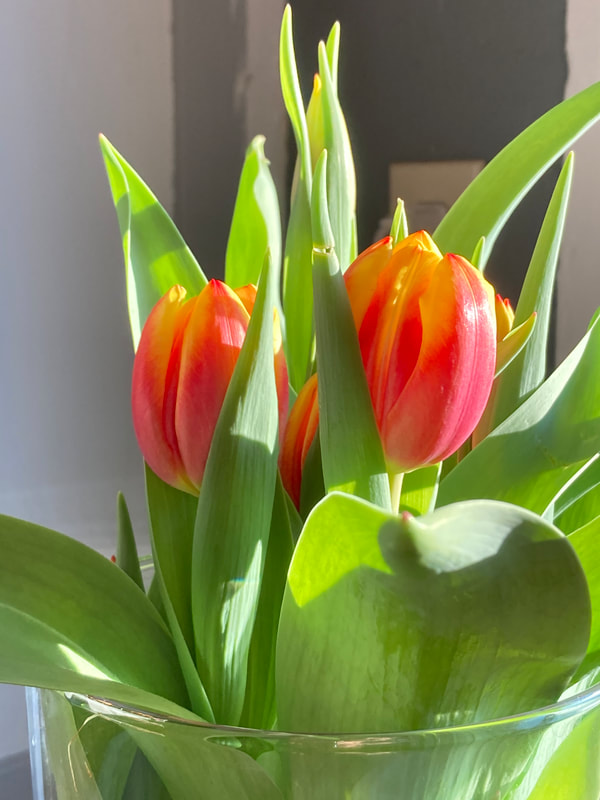
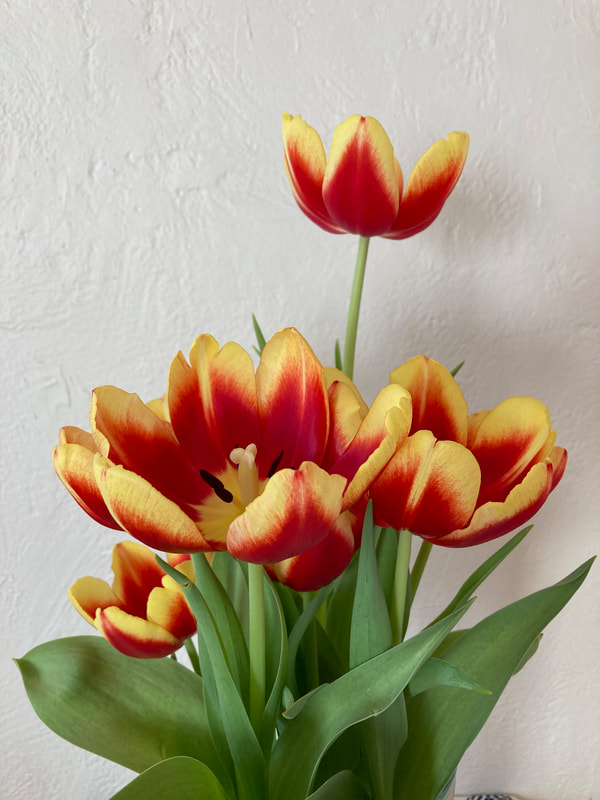
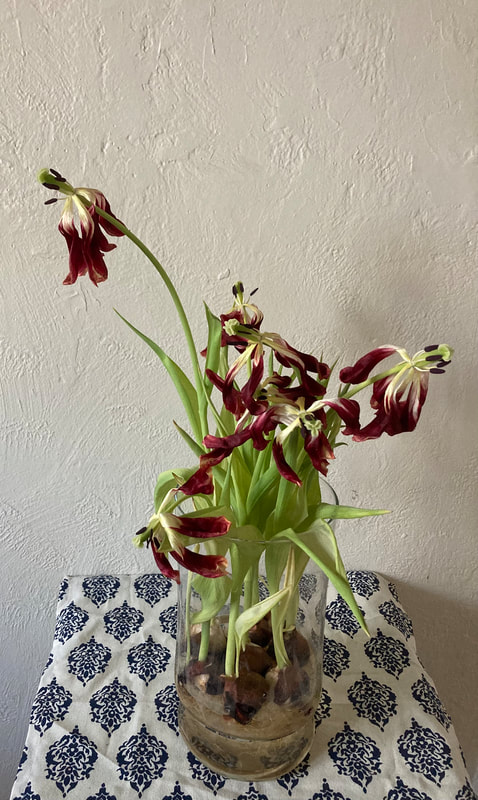
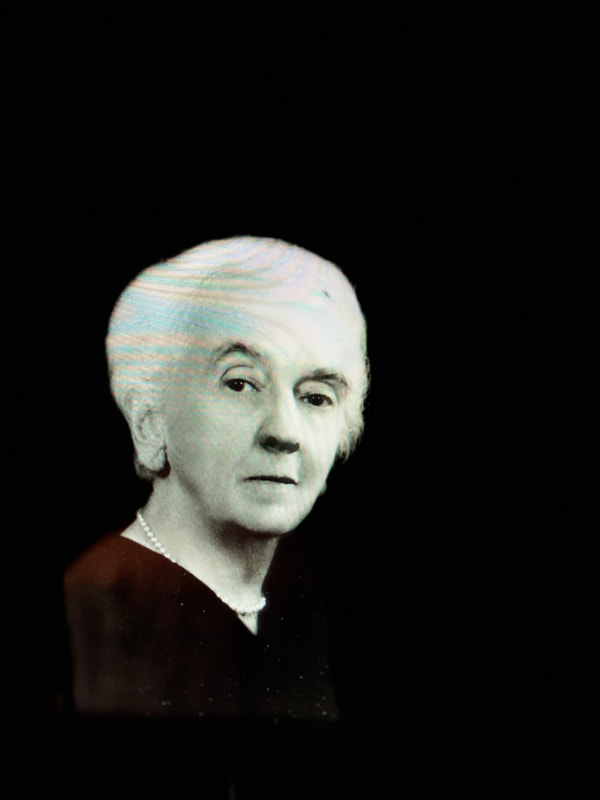
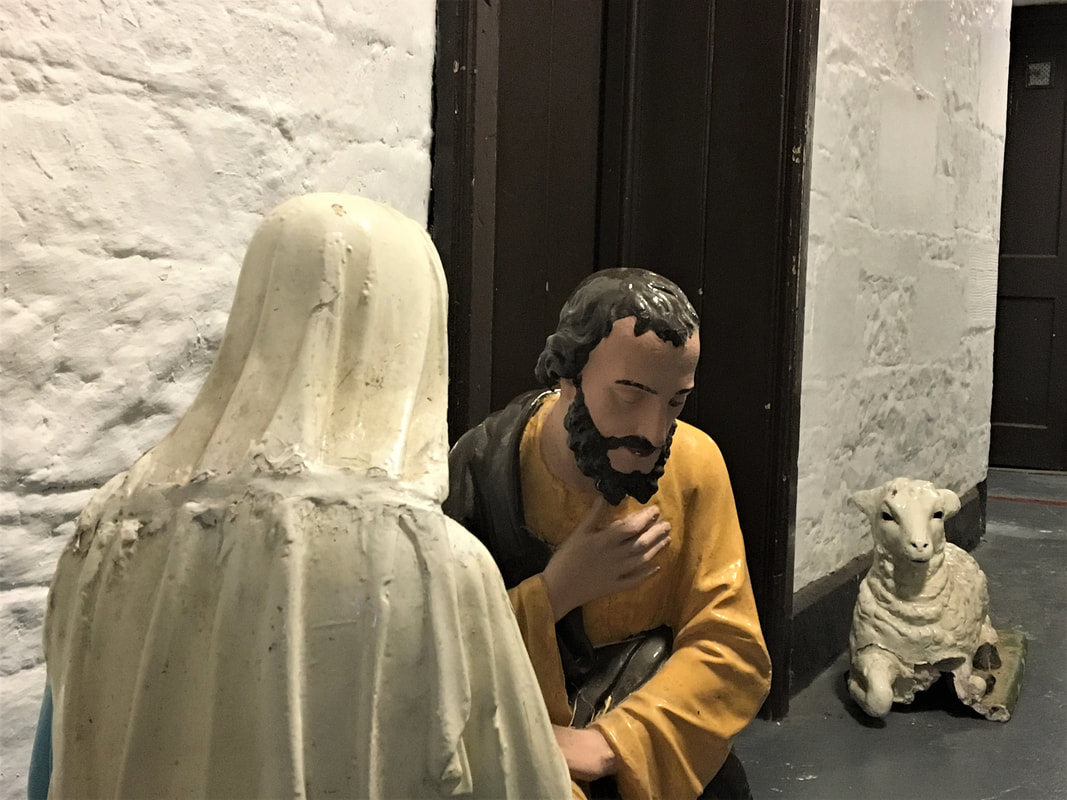
 RSS Feed
RSS Feed